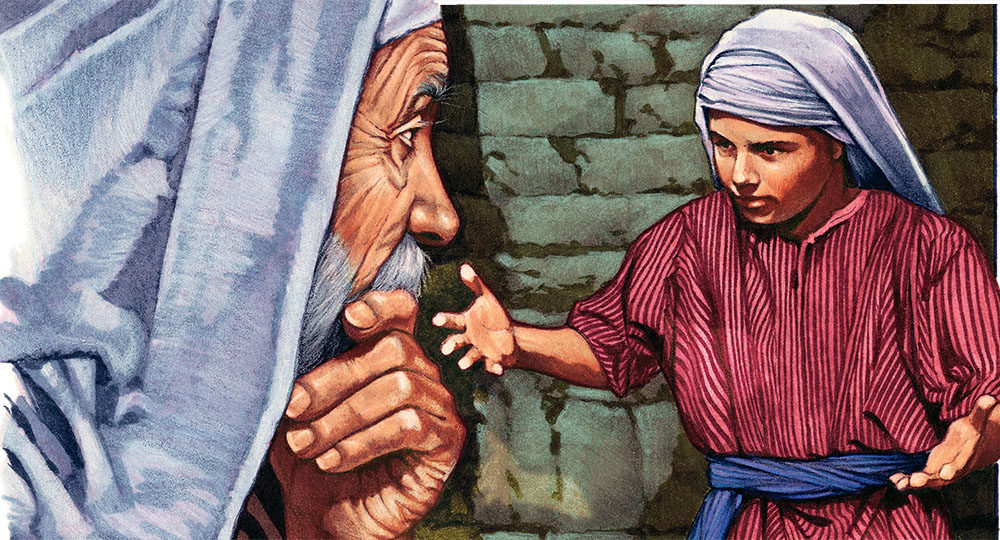


Many years ago I had a wonderful friend who truly loved Jewish people. She was a devout Christian who had come to Christ later in life from a Greek Orthodox background and...
Some 2,000 years ago, the apostle Paul strolled through the marketplace in ancient Athens where a plethora of altars dedicated to manmade gods offered Athenians a smorgasbord of...
In our modern or postmodern world, the narratives of the Old Testament frequently slip from a vibrant canvas of deep theological truth into shallow “stories” from which believers draw...
The great American civil rights leader Dr. Martin Luther King Jr. once said, “The ultimate measure of a man is not where he stands in moments of comfort and convenience, but...
As a child, I had a favorite teacher who skillfully arranged biblical characters on colorful backdrops of desert sand, tents, or a palm-covered oasis. Drawing our attention to...
Imagine, if you can, an “appearance” by the God of glory to an idol worshiper named Abram living in Mesopotamia. He gave Abram a command and an extraordinary promise...